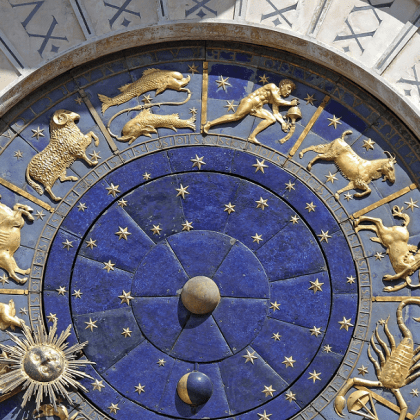How Globalization Disrupted the Stars
Early modern globalisation—particularly maritime expansion and the discovery of the southern hemisphere—posed significant challenges to the traditional framework of astrology inherited from Ptolemaic cosmology.
Astrology, as practised in Europe and much of the premodern world, was, to a greater extent, based on the seasons. The zodiac signs and planetary influences were closely tied to the rhythms of the northern hemisphere: Aries heralded spring, Cancer presided over summer, and so on. However, with the encounter of the southern hemisphere, where the seasons are reversed, this system faced an uncomfortable contradiction. Could the same zodiacal meanings apply when their seasonal correspondences are no longer aligned?
The paper examines several early modern figures who grappled with this problem. Girolamo Cardano and Tommaso Campanella, for example, recognised the theoretical implications and suggested inverting the qualities of the signs to match southern seasons. Yet their proposals largely remained speculative. Astrological theory was tightly bound to traditional authority, and few were willing to rewrite the system wholesale.
Interestingly, when we shift our focus from European theorists to practitioners in the colonies—such as Enrico Martínez in Mexico and Juan de Figueroa in Peru—we find a different approach. These astrologers, working directly in the southern hemisphere, often reported that the system continued to function without modification. For them, astrology appeared to be resilient, even universal in practice, if not in theory.
I am most interested in this tension between fidelity to tradition and adaptation to new empirical realities. Astrology in the early modern period was not a monolith; it was a living, practical form of knowledge that had to navigate new geographies, climates, and cosmologies. In this sense, the disruptions brought about by globalisation offer a valuable lens through which to examine how knowledge systems evolve under pressure.
This study contributes to ongoing conversations about the history of science and the epistemological complexities of global encounters. It also encourages us to consider how early modern thinkers navigated the often uneasy space between inherited knowledge and a changing world.

Is astrology universal? Early modern globalization and the disruption of traditional knowledge by Luís Campos Ribeiro






